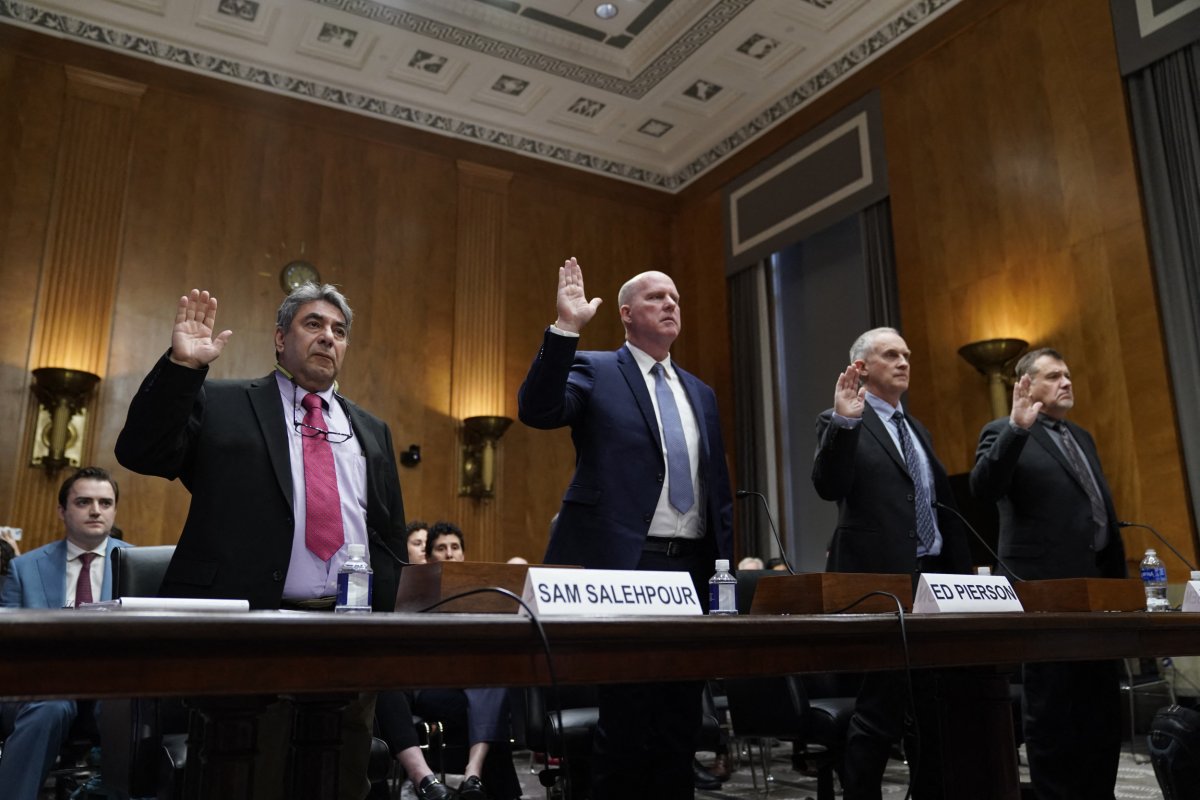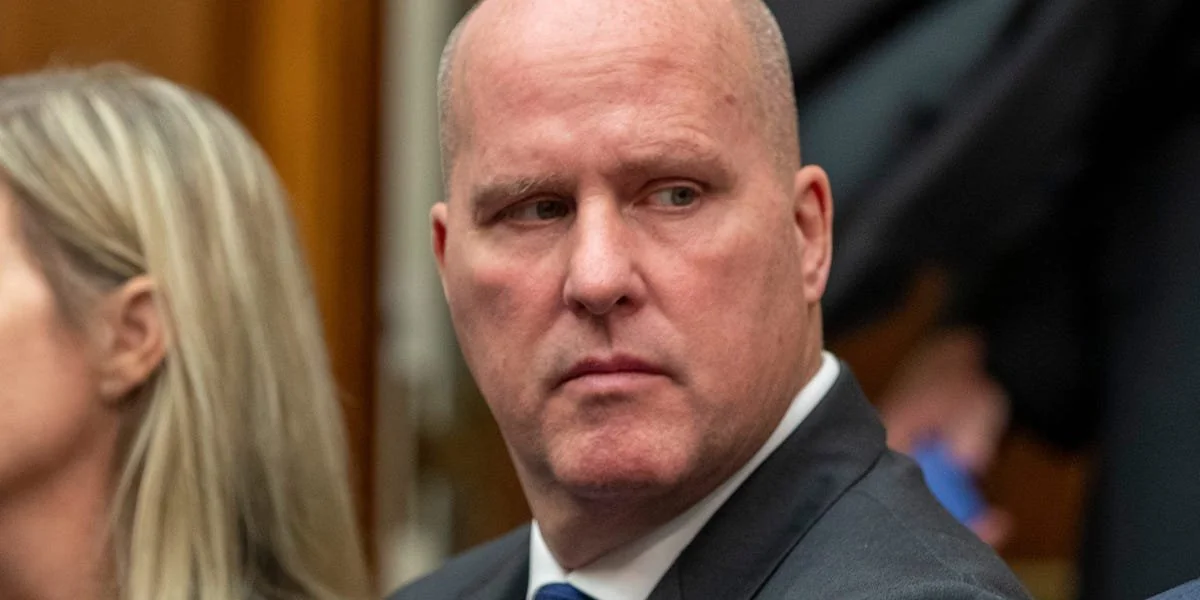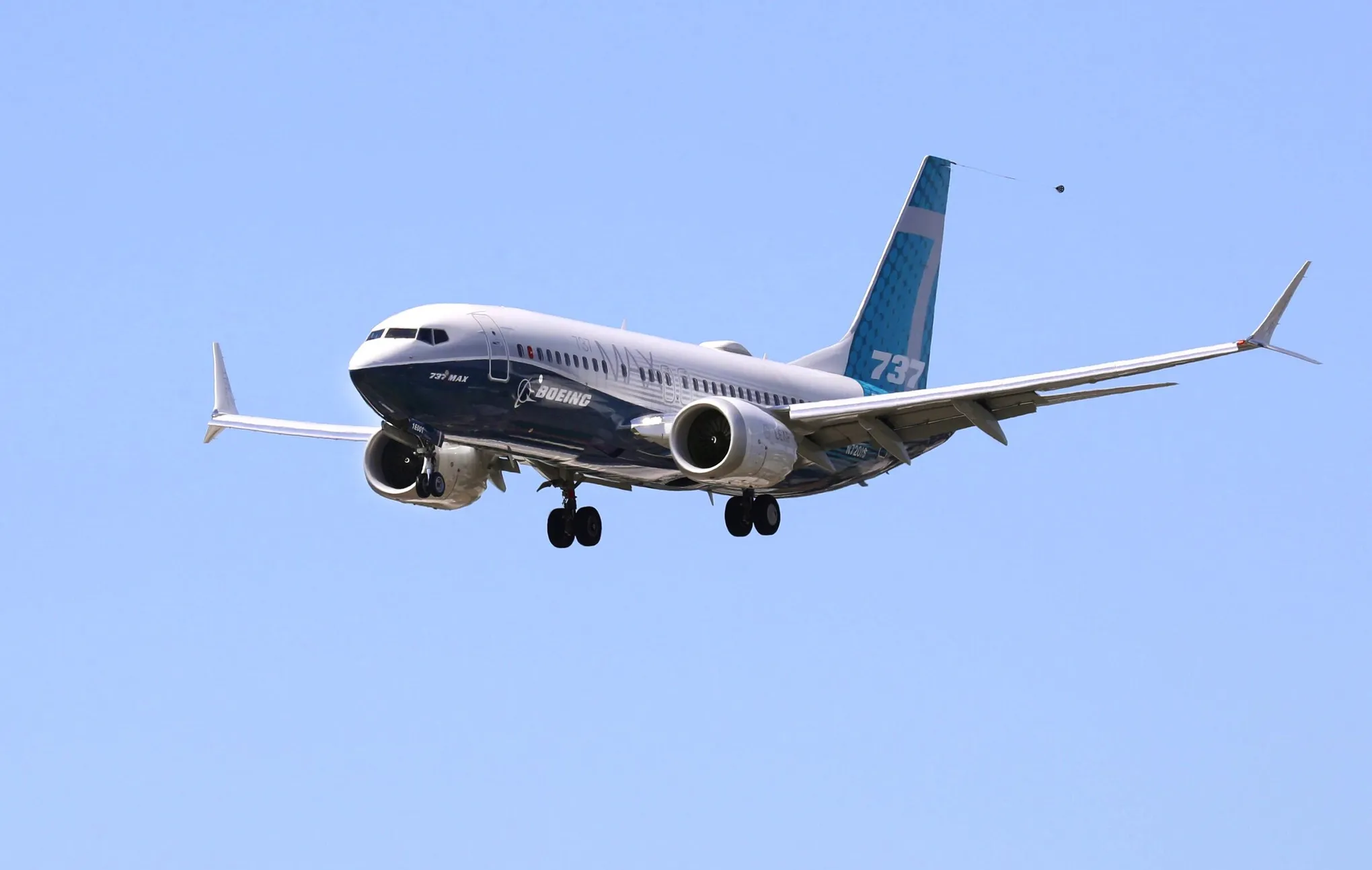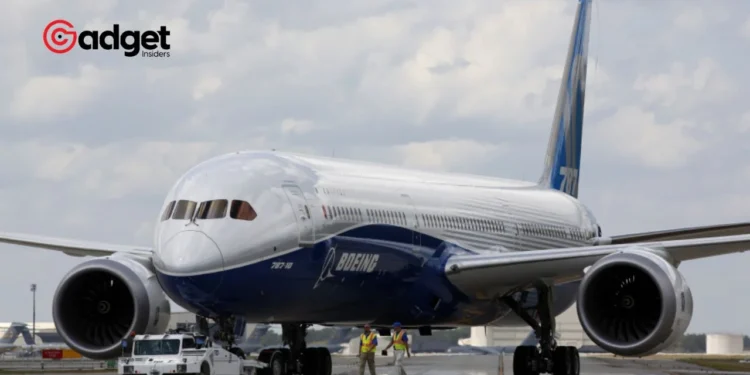During a recent Senate subcommittee hearing, shocking new claims have emerged concerning Boeing’s handling of a critical safety issue with the 737 Max. Ed Pierson, a former senior manager at Boeing and a key whistleblower, has accused the aerospace giant of a “criminal coverup” related to an incident involving an Alaska Airlines 737 Max, where a door plug was lost mid-flight, creating a significant safety hazard.

Detailed Testimony Points to Deeper Issues
Pierson’s testimony shed light on troubling discrepancies in Boeing’s documentation and maintenance practices. The National Transportation Safety Board (NTSB) reported that key bolts meant to secure the door plug were missing, suggesting negligence.
While the company has maintained that it has no records of maintenance work on the problematic door plug, Pierson contradicted this claim by stating, “Records do exist. I know this because I personally passed them to the FBI.”
This revelation has intensified scrutiny on Boeing, with Pierson providing documentation he claims to have received from an “internal whistleblower.” These documents allegedly detail the work done on the 737 Max’s door plug—information that the aircraft manufacturer asserted was unrecorded.
🇺🇸BOEING WHISTLEBLOWER: THE MAX AIRPLANE IS NOT SAFE!!!
"Everyone stepping on board a Boeing airplane IS AT RISK!"
Ed Pierson, a former senior manager at Boeing, called the Alaska Airlines door plug blowout a 'criminal coverup' during a U.S. Senate hearing.
Source: Reuters pic.twitter.com/Mu8zX7R4ik
— Mario Nawfal (@MarioNawfal) April 17, 2024
The Role of the FBI and the Path to Justice
The severity of the allegations has prompted the FBI to consider whether criminal charges are warranted against Boeing.
This development comes as passengers of the affected Alaska Airlines flight were notified by the FBI that they might be victims of a crime, suggesting potential legal ramifications for the aerospace manufacturer.

Boeing’s Response and Market Reaction
In the wake of these allegations, Boeing’s stock has taken a significant hit, dropping by a third since the beginning of the year.
Despite the controversy, the company has reiterated its commitment to safety, stating, “Since 2020, Boeing has taken important steps to foster a safety culture that empowers and encourages all employees to raise their voices.
We continue to put safety and quality above all else and share information transparently with our regulator, customers, and other stakeholders.”
Analysis and Industry Impact
This situation brings to the forefront the challenges and responsibilities of maintaining rigorous safety standards in the aerospace industry.
The testimony at the Senate hearing, especially Pierson’s stark declarations, not only casts a long shadow over Boeing’s safety practices but also raises critical questions about the effectiveness of internal controls and the transparency of aviation manufacturers.

The ongoing investigations and the revelations from insiders like Pierson are likely to keep Boeing under tight scrutiny. As the industry watches closely, the outcomes of these investigations could lead to significant changes in how safety issues are documented and addressed by major players in the aerospace sector.
This unfolding story is a stark reminder of the stakes involved in aviation safety and the devastating impact that lapses in protocol and transparency can have on public trust and corporate accountability.
As more information comes to light, the aerospace community and its regulators may need to reassess and possibly overhaul their safety and reporting standards to prevent such incidents in the future.










